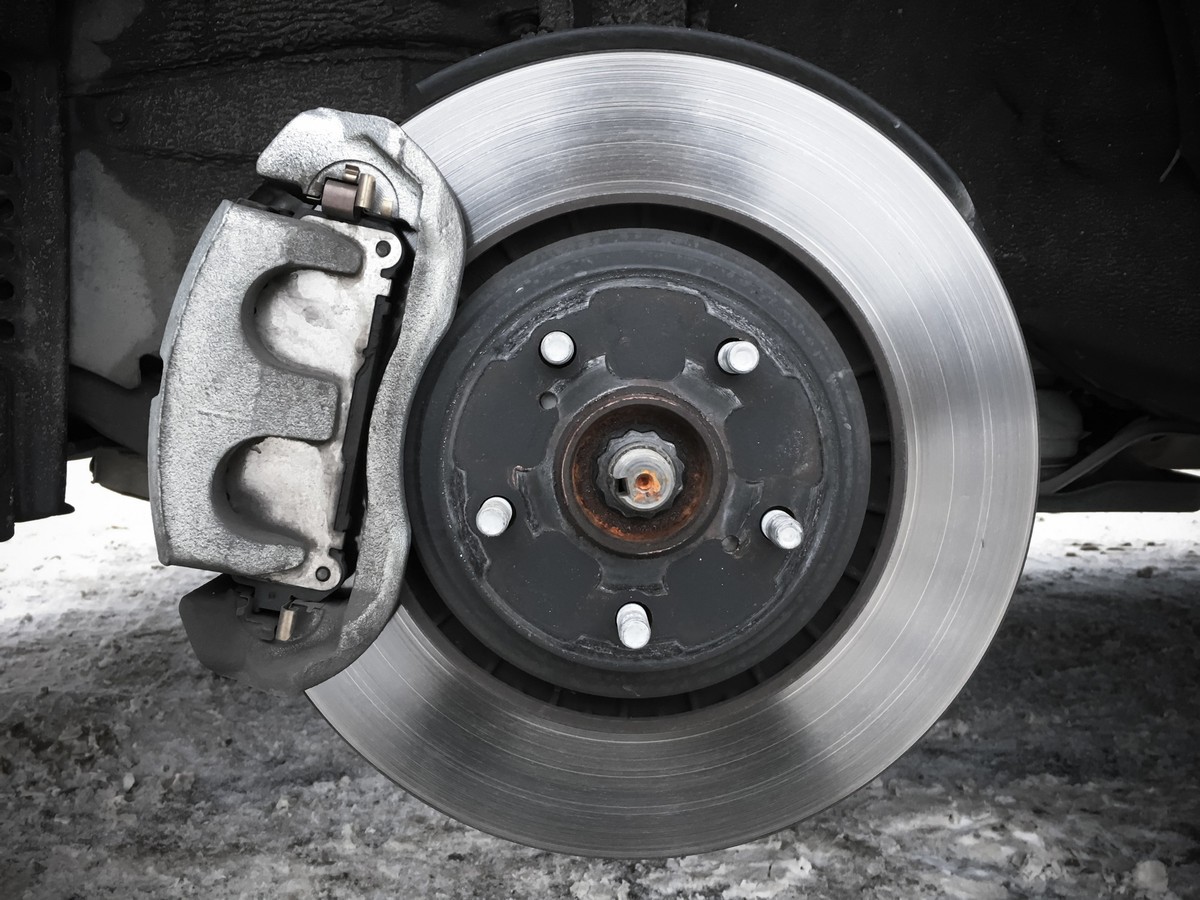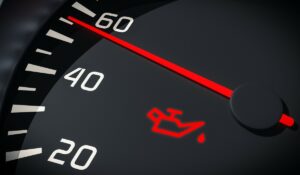Driving a car is one of the most liberating experiences – it provides transportation, but also access and freedom. Keeping your car in tip-top shape can keep you safe from harm and prevent costly repairs in the long-run.
One of the most common car problems drivers face is that of dysfunctional brakes in need of repair. Preventative maintenance, diagnosing car brake problems, and knowing when to replace your brakes are all essential to know as a car owner.
Preventative Maintenance
The life of your car’s brake system depends on several factors, including the materials used in your brakes as well as your own driving habits. Brake pads wear with use and degenerate quickly if used aggressively.
Keeping your car’s brake system clean and free from dust as well as debris can be the difference in maintaining the long life of your brake and having to replace them often. Other types of preventative maintenance, including maintaining safe speeds and distance between you and other cars on the road, can help incorporate into your daily routine.
Performing routine maintenance is essential to ensuring your car and its brake system function for the long-term. Every 3,000 to 7,500 miles your car will require an oil change. This is a great time to have your tires rotated and your brakes looked at by a professional as well.
Troubleshooting Car Brake Problems
Problems with your car’s brake system can manifest in several ways. First of all, your car brakes could begin making noise, and noise of any kind could be problematic.
Squeaking and grating sounds are most frequently reported. It can also feel like your car is vibrating or grinding in unusual ways.
Rattling can also occur, especially in areas where temperature fluctuations are frequent. Heat expansion can cause brake pads to rattle when your foot is not on the brake. If rattling occurs consistently and when your foot is on the brake, it is time to bring your car in to be looked at.
Diagnosing car problems is a bit more tricky. You may be able to detect abnormal car behavior like unusual sounds and smells, but knowing what the problem truly is required a deeper look. Uneven brake wear, leaking brake fluid, and misalignment are all results of common brake issues.
If it is clear that your brakes are not working well anymore, don’t wait to replace them. It’s important that you loop in a trusted mechanic to diagnose and treat any car brake problems early to prevent further damage.
Further, it is also important to prevent car accidents by replacing faulty brake systems swiftly. Safety is priority number one when it comes to preventative maintenance and replacing dysfunctional car brake systems.
Brakes CTA
Most often car brakes can be replaced for $300 – $600 for the whole system. This includes the two axels, but pricing can fluctuate depending on the repair company and the extent of the damage.
Preventing car brake problems is the most cost-effective way to keep you on the road for years to come. Read more about how best to take care of your car on our blog.




